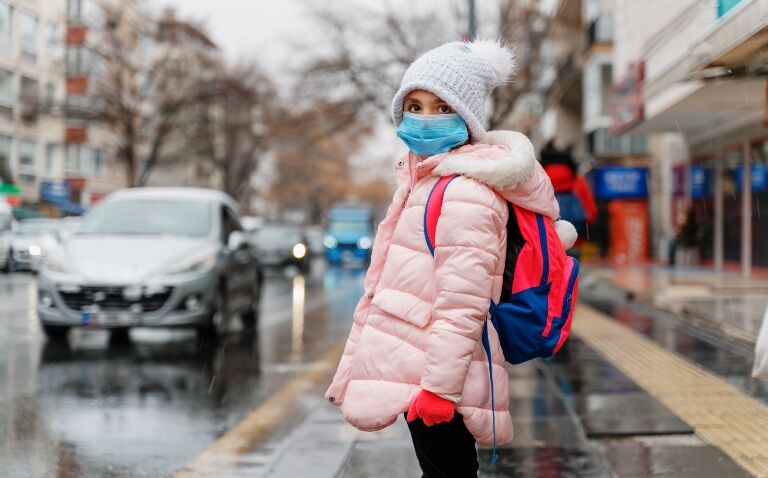There will be more than 327,600 premature deaths across Europe if there is a delay in fully aligning the EU’s Ambient Air Quality Directive (AAQD) with World Health Organization (WHO) Air Quality Guidelines (AQG) 2021, according to a new report.
Writing in the International Journal of Public Health, doctors and experts from European Respiratory Society (ERS) and other health groups called for immediate action on European air pollution to ensure alignment with the AQG by 2030.
They warned that not doing so will result in poorer health for millions of people and widen the health inequality gap between western and eastern Europe.
Research from Europe indicates a strong link between air pollution and millions of new cases of asthma, COPD, acute respiratory infections, lung cancer and other serious illnesses each year.
The report stated: ‘This is a historic opportunity towards clean air in Europe for all that could prevent hundreds of thousands of premature deaths and millions of new cases of non-communicable diseases every year, as well as improve health of all European citizens.
‘Full alignment with WHO AQG would enhance children health in Europe by improving lung function and reducing asthma and respiratory infections burden. Achieving the WHO AQG would also reduce healthcare costs, social, environmental and health inequalities, boost economic growth, and help mitigate the adverse effects of climate change.’
This urgent call for action against air pollution comes as trilogue discussions between the EU Commission, Parliament and Council continue, with a deal to be reached soon regarding revisions to the EU’s AAQD.
The current proposals, the report said, leave out full alignment with WHO AQGs and allow delays in achieving air pollution limit values up to the 2040 for countries whose gross domestic product per capita is below EU average.
The report highlighted that ‘using poverty as an excuse to fail to act is the opposite of what countries in Europe need’.
It concludes: ‘We strongly urge the EU environment ministers to put European health and environmental justice at the core of their political aspirations.
‘This is a unique public health opportunity for EU Member States to follow the scientific evidence and listen to the concerns of citizens.’
Commenting on the report, Professor Zorana J. Andersen, ERS Environment and Health Committee chair, said: ‘Allowing additional delays in reaching new EU air quality standards, differentiated based on GDP, is completely unacceptable to the ERS community. A delay would widen existing inequalities in air pollution levels and health burden between east and west.
‘Children and adults in eastern European countries have already been breathing the most polluted air in Europe and suffering from related lung diseases for far too long. We need fair, ambitious new EU air quality legislation that values the health of all Europeans equally.
‘A new Air Quality Directive must provide clear vision and support to speed up, and not delay, much needed air pollution reductions in eastern Europe, in order to improve health and wellbeing, and achieve clean air for all in Europe, as soon as possible.’
In September 2023, the ERS issued a consensus statement on climate change and respiratory health, including guidance on how global warming can be addressed in clinical practice.
And in November 2023, the WHO published a new operational framework for building climate-resilient, low-carbon and sustainable health systems and address climate-related health risks to safeguard health.










